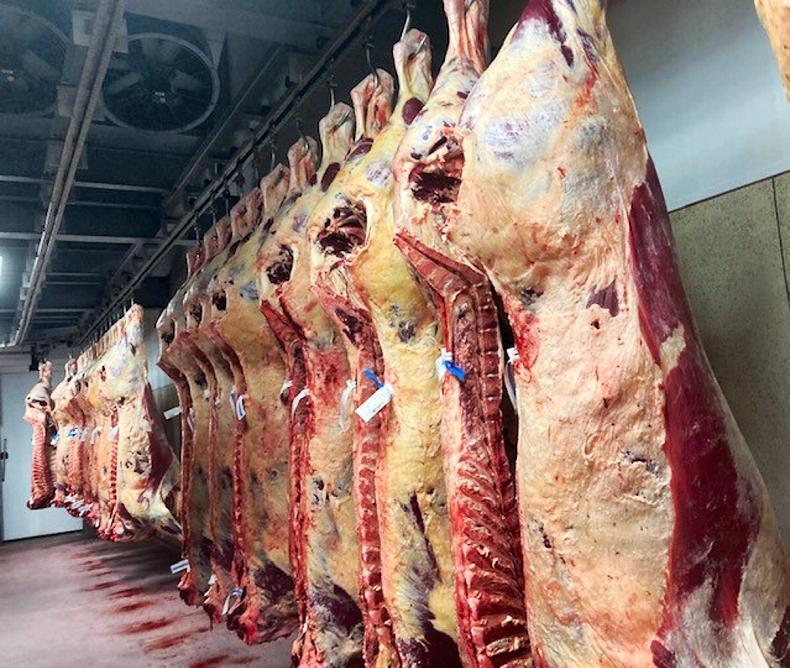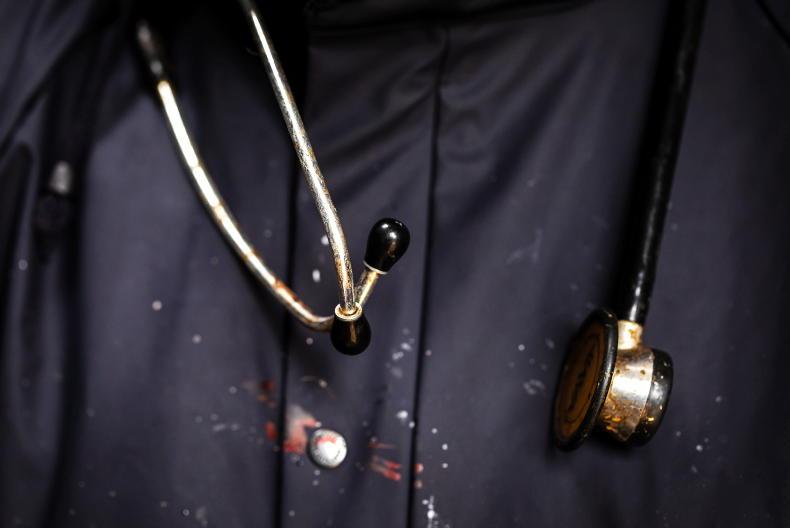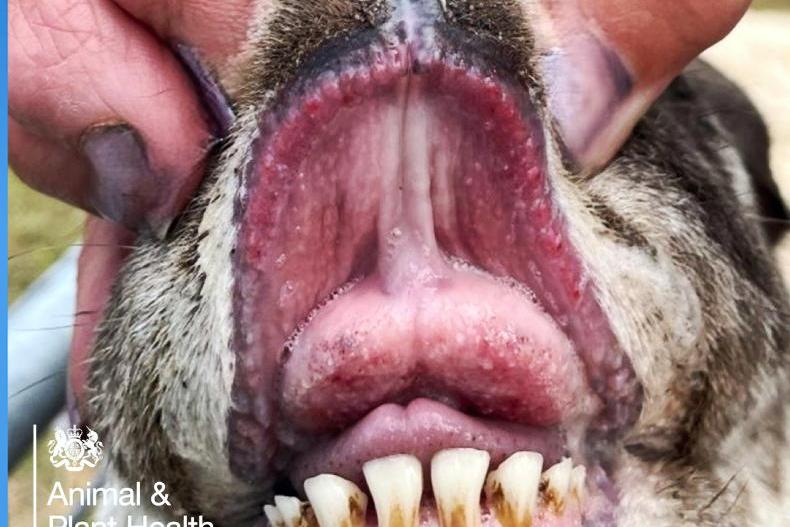This year’s World Organisation for Animal Health (WHOA), formerly known as OIE, has decided that the compulsory reporting of atypical cases of BSE to WOHA is no longer necessary.
This decision was taken against the background of a complete risk assessment of the disease, which the assembly recognised has dwindled to just a few numbers globally.
The compulsory reporting of classic BSE still remains in place.
Atypical and classic BSE
The difference between atypical BSE and classic BSE is that atypical BSE cases are completely random - occasionally found in older cattle - and have only been recognised since intensive surveillance of BSE was introduced in the 1990s to monitor the spreading incidences of classic BSE.
Classic BSE, on the other hand, is linked to animals' consumption of contaminated feed, which has long since been removed from sale. Cases of classic BSE are now virtually non-existent throughout the world.
Cases of either type of BSE are exceptionally rare; the last atypical case in Ireland was in May 2020 and, prior to that, the last case of classic BSE was in 2015.
Trade implications
The delisting of atypical BSE from notifiable diseases is good news for countries that export beef to China.
Due to the protocol in China where any case of BSE meant suspension of exports, Ireland was forced to trigger the suspension in May 2021 on the discovery of an atypical case, and this was only lifted in January this year.
Brazil has had similar experiences, though with shorter suspension periods. They were out of the Chinsese market between September and December 2022, and again in February this year, following the discovery of isolated atypical BSE cases.
China has its own protocol for trading partners, which requires notification and suspension of exports in any country where a case of BSE is discovered. While China will decide its own policy, in practical terms, if cases aren’t reported unless they are classic BSE, there will be no record of incidence.
BSE history
Bovine spongiform encephalopathy or BSE, as it is commonly known, is a brain illness in cattle that has been referred to as 'mad cow disease'. It was first recognised in the UK in the late 1980s, where the greatest number of cases existed, caused by cattle consuming meat and bone meal that was inadequately heated in processing.
Meat and bone meal was banned by the UK, but stocks in the chain meant it continued to be fed and numbers of cases increased, mainly in the UK and to a lesser extent on the island of Ireland and continental Europe. Cases have been found in North and South America, but these were isolated.
Complete removal of meat and bone meal from the food chain lead to reduced and eventual elimination of cases, with the odd isolated exception. For a period over thirty months, beef was removed from the food chain and a rigorous sampling programme discovered the odd atypical case, which was totally random and unrelated to animal feed.
BSE hasn’t been an animal health issue for over a decade, but there is a legacy of import bans on EU exporters, including Ireland.
Looking ahead
It is hoped that WHOA's decision will now lead to an end of all import bans on Irish and EU beef where they still remain.
Read more
BSE case discovered in US
Irish beef back into China after three years
Brazilian beef back in China
This year’s World Organisation for Animal Health (WHOA), formerly known as OIE, has decided that the compulsory reporting of atypical cases of BSE to WOHA is no longer necessary.
This decision was taken against the background of a complete risk assessment of the disease, which the assembly recognised has dwindled to just a few numbers globally.
The compulsory reporting of classic BSE still remains in place.
Atypical and classic BSE
The difference between atypical BSE and classic BSE is that atypical BSE cases are completely random - occasionally found in older cattle - and have only been recognised since intensive surveillance of BSE was introduced in the 1990s to monitor the spreading incidences of classic BSE.
Classic BSE, on the other hand, is linked to animals' consumption of contaminated feed, which has long since been removed from sale. Cases of classic BSE are now virtually non-existent throughout the world.
Cases of either type of BSE are exceptionally rare; the last atypical case in Ireland was in May 2020 and, prior to that, the last case of classic BSE was in 2015.
Trade implications
The delisting of atypical BSE from notifiable diseases is good news for countries that export beef to China.
Due to the protocol in China where any case of BSE meant suspension of exports, Ireland was forced to trigger the suspension in May 2021 on the discovery of an atypical case, and this was only lifted in January this year.
Brazil has had similar experiences, though with shorter suspension periods. They were out of the Chinsese market between September and December 2022, and again in February this year, following the discovery of isolated atypical BSE cases.
China has its own protocol for trading partners, which requires notification and suspension of exports in any country where a case of BSE is discovered. While China will decide its own policy, in practical terms, if cases aren’t reported unless they are classic BSE, there will be no record of incidence.
BSE history
Bovine spongiform encephalopathy or BSE, as it is commonly known, is a brain illness in cattle that has been referred to as 'mad cow disease'. It was first recognised in the UK in the late 1980s, where the greatest number of cases existed, caused by cattle consuming meat and bone meal that was inadequately heated in processing.
Meat and bone meal was banned by the UK, but stocks in the chain meant it continued to be fed and numbers of cases increased, mainly in the UK and to a lesser extent on the island of Ireland and continental Europe. Cases have been found in North and South America, but these were isolated.
Complete removal of meat and bone meal from the food chain lead to reduced and eventual elimination of cases, with the odd isolated exception. For a period over thirty months, beef was removed from the food chain and a rigorous sampling programme discovered the odd atypical case, which was totally random and unrelated to animal feed.
BSE hasn’t been an animal health issue for over a decade, but there is a legacy of import bans on EU exporters, including Ireland.
Looking ahead
It is hoped that WHOA's decision will now lead to an end of all import bans on Irish and EU beef where they still remain.
Read more
BSE case discovered in US
Irish beef back into China after three years
Brazilian beef back in China









SHARING OPTIONS